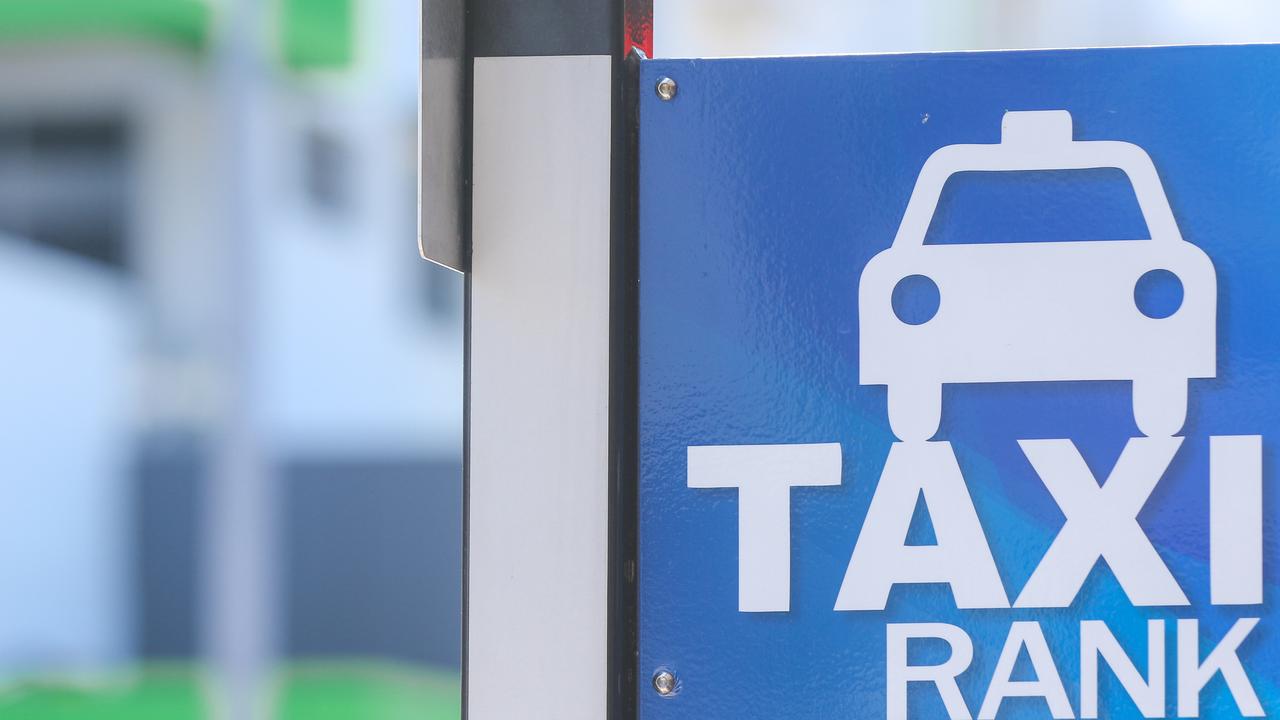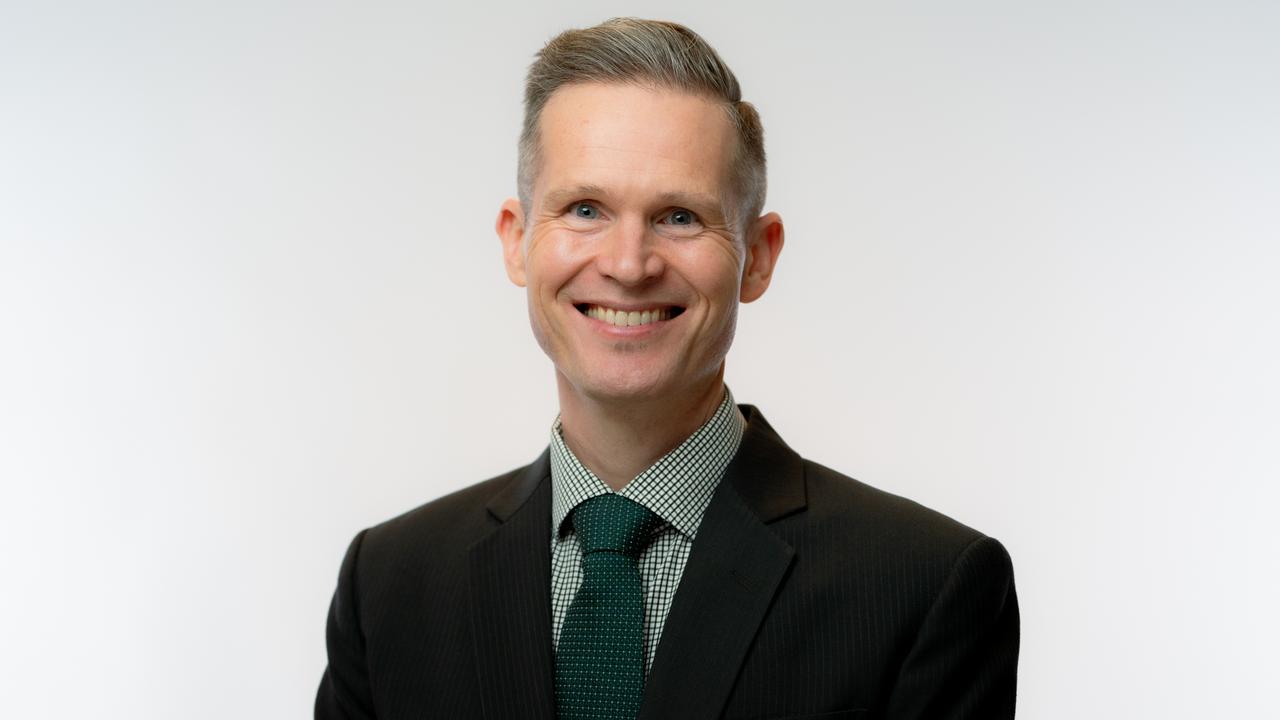ATO targets ride-sourcing services in crackdown on small business tax avoidance
Ride-sourcing services such as Uber are being targeted by the ATO in a campaign seeking to claw back $17bn from small businesses not complying with their tax obligations.

The Australian Taxation Office is cracking down on ride-sourcing services such as Uber, taxis and limousines as part of a small business tax avoidance campaign to reduce a revenue gap that is costing the country more than $17bn annually.
The crackdown is part of the ATO’s Getting it Right campaign.
The taxman in February will start contacting ride-sourcing drivers who are operating outside of the taxation system.
ATO acting deputy commissioner, small business, Michael Morton said the office was trying to ensure ride-sourcing drivers were aware of their tax obligations.
“If someone is providing taxi, limousine or ride-sourcing services, regardless of how much they earn, they must register for GST,” he said.
“Ride-sourcing drivers must be registered for both an ABN and GST from the day they start providing services.
“We are aware there are too many ride-sourcing drivers not registered and therefore not paying GST and we are focusing our efforts on ensuring they are complying with their obligations.”
The crackdown comes as the ATO’s overall collectable debt has soared to more than $54bn, with small business contributing $35.6bn or more than 65 per cent.

The ATO is also focusing on small businesses using business income or assets for personal use, such as paying private school fees or home mortgages.
This includes ensuring they are aware of integrity rules that may apply when a private company attempts to provide money or other benefits to its shareholders or their associates without them paying income tax.
The most common mistakes occur when shareholders or their associates fail to understand that a company is a separate legal entity with its own money and assets, the tax office says.
The ATO is also focusing on deductions and concessions small business owners make to offset their business income, such as using losses from a hobby to reduce the amount of tax paid. It is also looking at the misuse of concessions to reduce the amount of tax paid on capital gains.
In the 2023 financial year about 232,000 taxpayers claimed non-commercial losses in their tax return totalling $4.5bn. At the same time 35,000 taxpayers applied for small business CGT concessions worth about $10bn. The most applied concession is the small business 50 per cent active asset reduction, followed by the 15-year exemption.
Mr Morton said the ATO was focused on ensuring all small businesses got it “right from the start”. “We have a very important role to play and ensure there’s a level playing field across the small business population and there’s also community expectations that everyone pays the right amount of tax as well,” he said.
The ATO defines a small business as a sole trader, company, trust or partnership that operates a business which has an annual turnover of less than $10m of business income.
On this measure there are currently more than 4.7 million active small businesses in Australia. They contribute more than $900bn in total business income, $91bn in income tax, and $21bn in GST.
The ATO said about 87 per cent of small businesses paid tax voluntarily. However according to the latest figures, in the 2022 financial year there was a tax shortfall of more than 12 per cent, or $17.7m annually.

Mr Morton said there were three main drivers behind this revenue gap.
“The first is complexity causing mistakes, then opportunistic behaviour and we’re also seeing deliberate action to avoid obligations,” he said. “Those three drivers are driving our thinking behind Getting it Right so we can raise awareness across the small business population and registered tax professionals.
“Most small businesses do the right thing but if they make mistakes we telling them to reach out and engage with us so we can help them.”
According to the ATO deliberate shadow-economy behaviour accounted for nearly 60 per cent of the gross small business income tax gap – about $11.2bn.
About $8.9bn of this is associated with under-reporting of income and over-claiming of deductions. The remainder is hidden wages and people operating completely outside the tax system.
Only a small percentage of small businesses – 5 per cent – were making clear and deliberate attempts to avoid paying the right amount of tax.
Mr Morton said small businesses could contact the ATO or use its website if they were confused about their tax obligations.
“The small business population is very diverse and not only includes large small businesses that turn over $10m a year but also micro-small businesses,” he said.
“We know that most small businesses are doing the right thing and we are very much focused on supporting (them).”
More Coverage
Originally published as ATO targets ride-sourcing services in crackdown on small business tax avoidance





